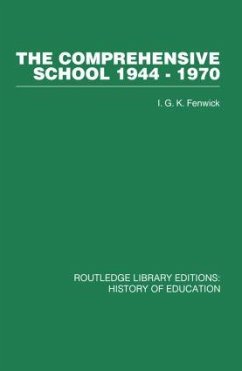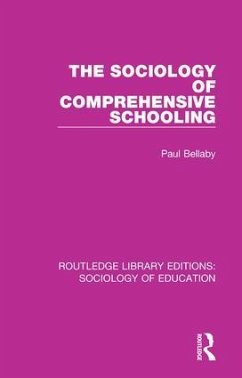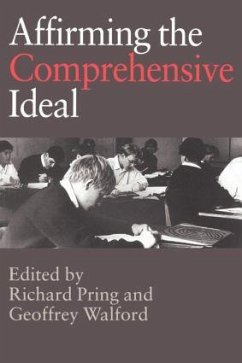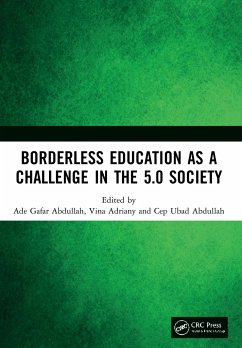
The Challenge For the Comprehensive School
Culture, Curriculum and Community
Versandkostenfrei!
Versandfertig in 1-2 Wochen
68,99 €
inkl. MwSt.
Weitere Ausgaben:

PAYBACK Punkte
34 °P sammeln!
By 1982 the ambitious claims made for newly established comprehensive schools were being put to the test. How effectively does the comprehensive meet the needs of all young people? Do urban, working-class students enjoy more success than in the secondary modern schools? Are they more engaged in their learning with higher self-esteem? This volume discusses these questions and examines issues of social mobility and cohesion, curriculum, the balance between academic and vocational education, the place of exams in the educational system and the influence of independent schools. The author asks whe...
By 1982 the ambitious claims made for newly established comprehensive schools were being put to the test. How effectively does the comprehensive meet the needs of all young people? Do urban, working-class students enjoy more success than in the secondary modern schools? Are they more engaged in their learning with higher self-esteem? This volume discusses these questions and examines issues of social mobility and cohesion, curriculum, the balance between academic and vocational education, the place of exams in the educational system and the influence of independent schools. The author asks whether a more decentralised system of self-governing schools improve the education service - a timely question which along with the other issues examined is as relevant and challenging today as when the book was originally published in 1982.














